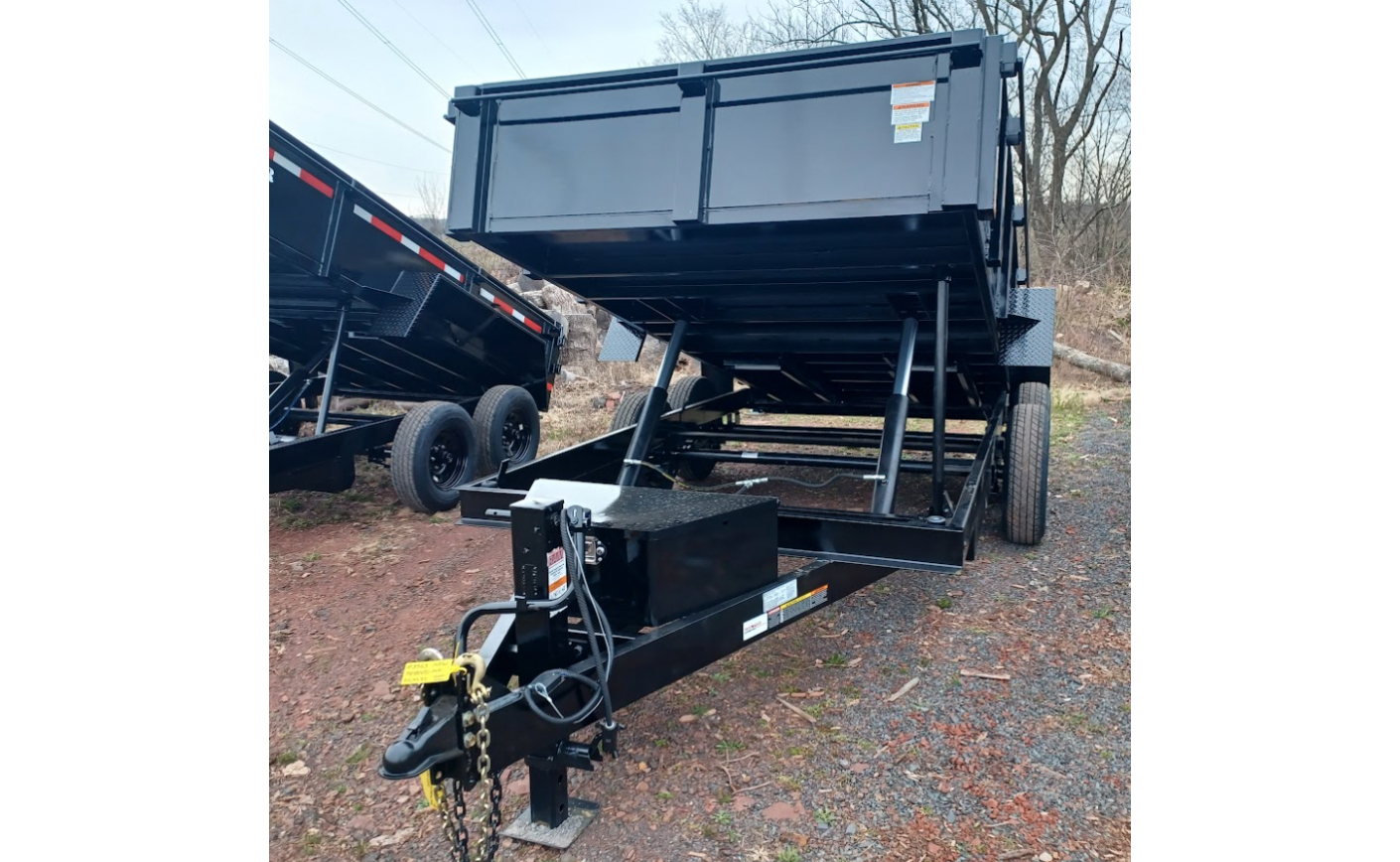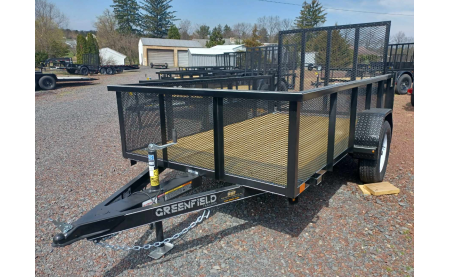The Essential Role of Trailer Jacks in Agricultural Machinery

In the realm of modern agriculture, efficiency and versatility are paramount. Agricultural machinery, ranging from simple trailers to complex harvesting equipment, plays a critical role in enhancing productivity and ensuring the smooth operation of farm tasks. Among the various components that contribute to the effective use of this machinery, trailer jacks stand out as indispensable tools. This article explores the application of trailer jacks in agricultural machinery, highlighting their importance, types, and benefits.
Importance of Trailer Jacks
Trailer jacks are mechanical devices used to lift and stabilize trailers, making it easier to hitch and unhitch them from towing vehicles. In agricultural settings, where trailers are frequently attached to tractors or trucks, trailer jacks are essential for several reasons:
- Ease of Use: They allow farmers to effortlessly lift and lower the trailer's tongue, facilitating the connection to and disconnection from the towing vehicle.
- Safety: Properly positioned trailer jacks ensure that the trailer remains stable during loading, unloading, and when stationary, preventing accidents and equipment damage.
- Efficiency: Quick and efficient hitching and unhitching save valuable time, enabling farmers to focus more on fieldwork and less on equipment handling.
Types of Trailer Jacks
There are various types of trailer jacks, each suited to specific needs and machinery types in agriculture:
- A-Frame Jacks: Commonly used for trailers with A-frame tongues, these jacks are mounted at the front and can be either manually operated or powered. They provide stability and support for heavy loads.
- Swivel Jacks: Featuring a swivel mechanism, these jacks can be rotated out of the way when not in use. This design is particularly useful for trailers that need to be moved over uneven terrain, as it prevents the jack from catching on obstacles.
- Electric Jacks: Powered by the vehicle’s battery or an external power source, electric jacks offer the convenience of raising and lowering the trailer at the push of a button, which is beneficial for frequent hitching and heavy-duty applications.
- Side-Wind and Top-Wind Jacks: These jacks differ based on the positioning of the crank handle. Side-wind jacks have the handle on the side, while top-wind jacks have it on top. The choice between the two depends on the user’s preference and the specific design of the trailer.
Applications in Agriculture
Trailer jacks are utilized across a variety of agricultural equipment and tasks, including:
- Utility Trailers: For transporting tools, seeds, fertilizers, and other supplies around the farm. The jack ensures easy attachment and detachment from the towing vehicle.
- Livestock Trailers: Used for moving animals, these trailers require stable support when loading and unloading to prevent injury to the animals and handlers.
- Grain Trailers: Heavy loads of grain necessitate robust jacks to maintain stability during transport and storage.
- Implement Carriers: For transporting heavy machinery like plows, harrows, and cultivators, jacks are essential for safely hitching the equipment to tractors.
Benefits of Using Trailer Jacks
- Enhanced Safety: Trailer jacks prevent the trailer from tipping or moving unexpectedly, reducing the risk of accidents and injuries on the farm.
- Improved Efficiency: By making the process of hitching and unhitching quick and easy, trailer jacks help farmers save time, allowing them to complete more tasks in a day.
- Equipment Longevity: Proper use of trailer jacks minimizes strain on the trailer’s frame and the towing vehicle, reducing wear and tear and extending the lifespan of the equipment.
Conclusion
Trailer jacks are a small but vital component in the world of agricultural machinery. Their ability to provide stability, safety, and efficiency makes them indispensable for modern farming operations. As agricultural practices continue to evolve, the importance of reliable and versatile trailer jacks will only grow, ensuring that farmers can meet







